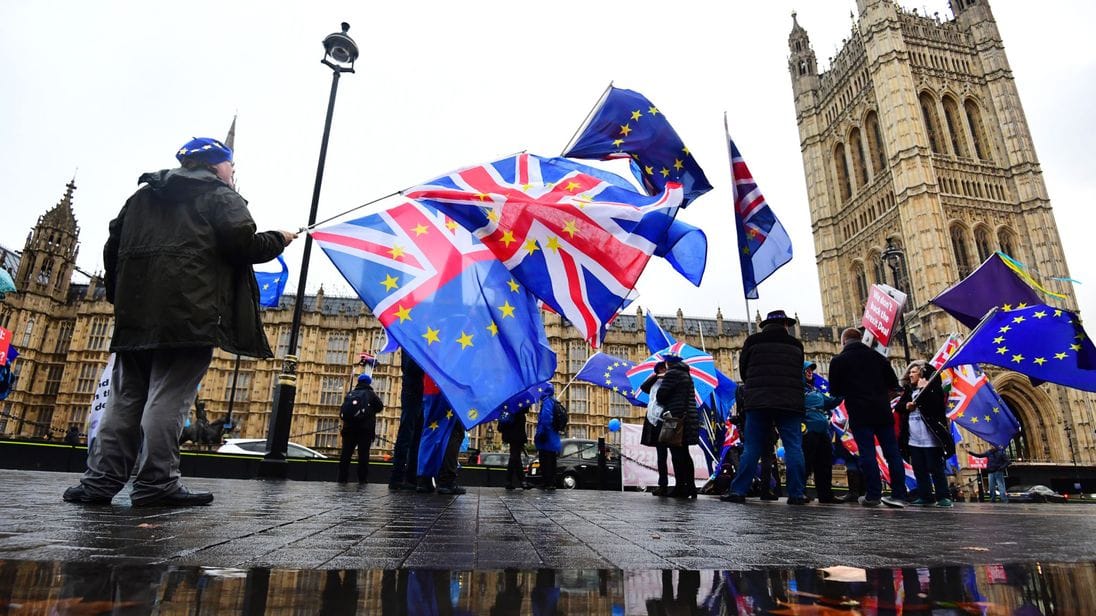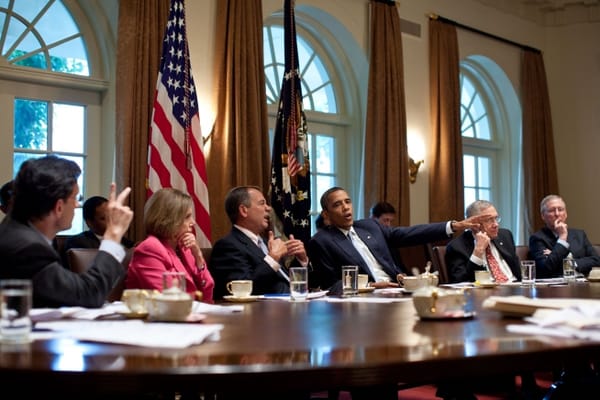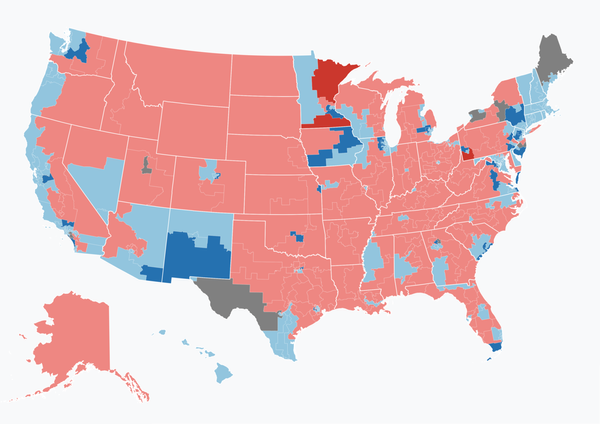Nothing but Mayhem
Both the Prime Minister and the country face their fate in the parliamentary vote on the Brexit deal next week.

Theresa May’s survival ability is something to behold. She could be half-jokingly compared to the character of the Black Knight in Monty Python’s Holy Grail who kept fighting King Arthur even after losing his four limbs. In an ironic twist, her constant resilience mirrors that of Labour leader Jeremy Corbyn, her fiercest opponent in Parliament (at least when looking across the floor), who has also survived countless plots against his leadership. However, time is running out for the Prime Minister, as next week Parliament votes on a Brexit deal that does not look like it has the support of a majority of MPs.
How did we get here? Three weeks ago, the Prime Minister finally reached a deal with the European institutions on Brexit, which included prerogatives on issues as varied as the rights and obligations of the EU citizens staying in the UK after the country leaves the bloc and the border situation between the UK and the Republic of Ireland. However, this victory proved to be short-lived as several cabinet ministers, chief among them Brexit Secretary Dominic Raab (who was supposed to be the main negotiator behind the accord) swiftly resigned, citing deep disagreements with the deal and the negotiation strategy of the Prime Minister. The problem for May lies in the fact that among the ministers that left the government one can find both ardent Brexiteers and passionate Remainers, indicating that the deal satisfies nobody but the most loyal supporters of the Prime Minister in her party. Her situation has been further complicated by the permanent threat of a confidence vote against her leadership plotted by the Conservative MPs of the hard-core Eurosceptic European Research Group, led by Jacob Rees-Mogg and former mayor of London and former Foreign Secretary Boris Johnson. So far, it looks that the rebel Tories do not have enough support within the party to trigger the vote against May, but this impasse could be broken next week.
On Tuesday 11th December 2018, the honourable members of the House of Commons will vote on accepting the Brexit deal brought by Theresa May’s government. It is unlikely that they will. Leaving aside the fact that the practical entirety of the Labour, Scottish National and Liberal Democrat parties will vote against it, the Prime Minister has lost the support of her main parliamentary ally, the Northern Irish DUP. This deprives her of an effective majority to pass the deal, and her mission is further constrained by the opposition of up to 60 Conservative MPs that will not vote for her, according to some sources. Therefore, several scenarios are open once the rejection of the accord becomes a matter of fact.
What could happen? Well, for once May may resign, leading to a leadership election within the Conservative Party. The new leader (who would automatically become the Prime Minister) may seek to renegotiate the deal or just scrap it and leave the EU without any kind of deal whatsoever. The latter possibility has grown less likely this week as Remainers in the Conservative Party have reached a secret agreement with Labour that would allow Parliament to block the no-deal option. If this new deal (which is unlikely to be negotiated in the first place as the EU has refused to concede one more inch) fails to pass, the government will collapse and a general election will be called.
May does not need to resign for a people’s vote to occur. If she sees that Parliament will not be able to make a decision, she may call for an election, or even a rerun of the referendum. The EU has heavily implied that the transition period could be expanded if the British government decides to bring the issue again to the voters. Of course, the question and options will surely prove to be a very controversial issue, and one cannot ignore that, again, she will have to ask for parliamentary approval in order to hold another electoral process.
There is yet a third scenario, which involves May refusing to resign the premiership. She could try to renegotiate the deal in Brussels, praying that the EU softens its position. That can be guaranteed not to happen (the EU is the stronger party here), so this would most likely result in the government collapsing. Of course, May may not even enjoy the chance of carrying on with the negotiation. Her position untenable, she may be toppled by the Tory rebels. Go back to the third paragraph of the article to what would happen. I know, Brexit is a headache.
Nobody can claim in confidence to know what will happen. For what we know, Theresa May may be entering the last week of her tenure, bringing an end to an agonic and convoluted time in Number 10. Or, maybe, she will prove her doubters wrong for the nth time and survive the defeat by the skin of her teeth. Perhaps the government will miraculously get enough Labour defections to pass the deal, giving an end to a negotiated Brexit. Perhaps the British voters will be recalled to the polls again, either to vote for a new government or to settle the matter of Brexit once and for all. The only thing that is secure is that, as it stands today, the United Kingdom of Great Britain and Northern Ireland will leave the EU on the 11pm of the 29th March 2019, whether there is a deal or whether there is none. We can only wait and see.










